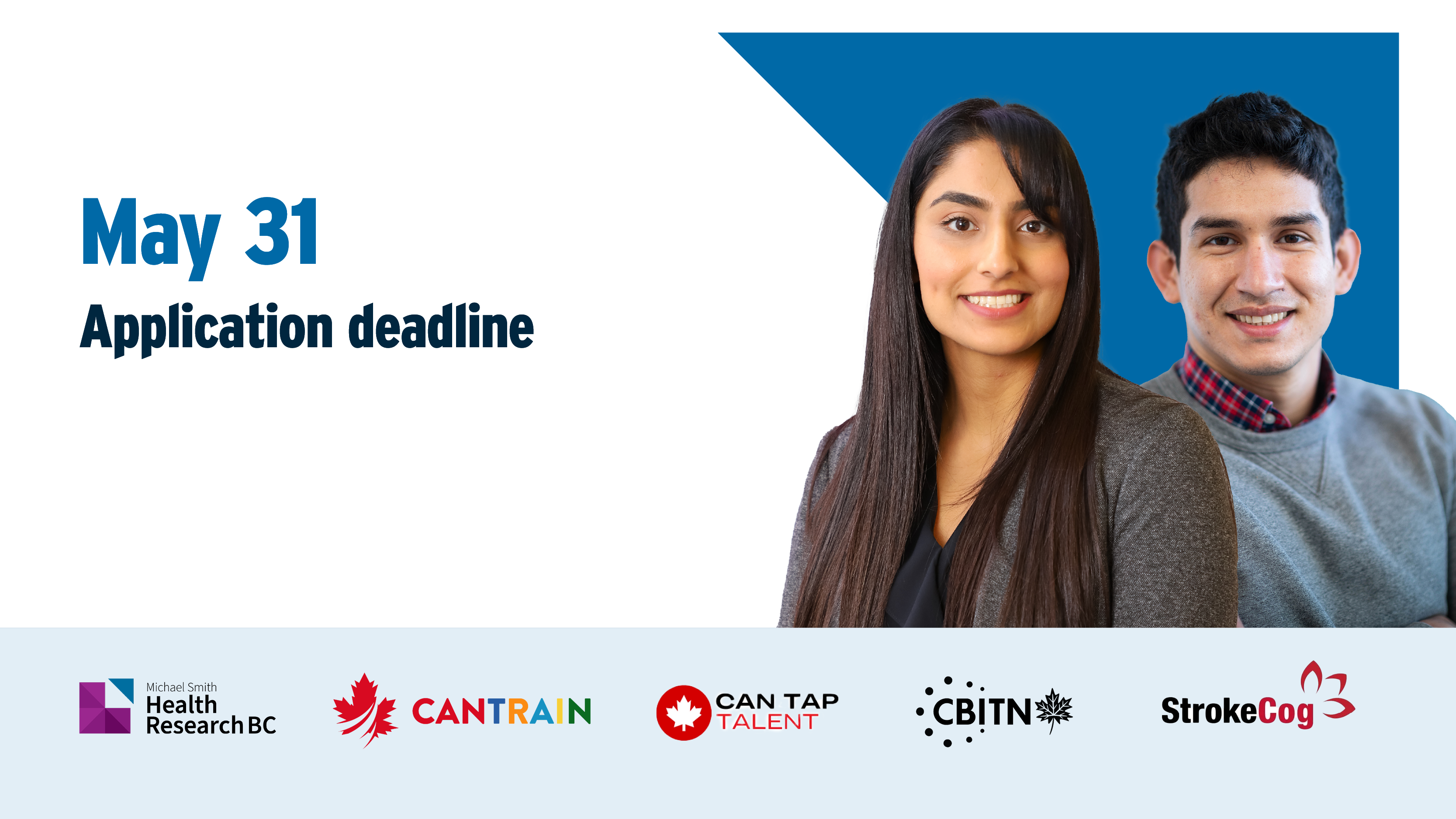MSFHR funds eight BC health researchers moving innovations towards practical application
17 July 2018

Eight BC health researchers have been funded in MSFHR’s second Innovation to Commercialization (I2C) competition. Each will receive funding to advance their medical treatments, diagnostic tools and assistive technologies towards practical application to improve health outcomes and enrich the health innovation ecosystem in BC.
Now in its second year, the I2C Program is designed to help BC health researchers advance their discoveries or inventions towards use in patient populations to improve health outcomes, benefit society, and enrich the health innovation ecosystem in BC. These researchers and their research programs help grow BC’s talent pool and contribute to a strong, sustainable knowledge economy.
The eight 2018 I2C award recipients, working at six BC institutions, are advancing health innovations that range from new ways to detect prostate cancer, to a novel treatment for inflammatory bowel disease and a wearable exoskeleton to increase the mobility of people with lower limb disabilities.
“For some time now we have been working on a new way of delivering imaging markers, and we are poised to use this technique to improve prostate cancer detection,” explains Dr. David Perrin, professor in the Department of Chemistry at the University of British Columbia. “With this I2C award, our team from UBC and BC Cancer will develop a born-in-BC product that allow tumours to be detected earlier and more effectively, to improve the lives of prostate cancer patients.”
Dr. Perrin is one of four awardees that are former MSFHR Scholars or Research Trainees, having received funding during the training and growth stages of their research careers that laid the groundwork for their current projects.
“At MSFHR, our suite of programs focus on talent development, building research capacity, and growing capacity to translate that research into practice, policy and further research. As part of our learning and improvement cycle, we look for opportunities to enhance all our programs and ensure they are as effective and impactful as possible,” says MSFHR President & CEO Dr. Bev Holmes. “In the inaugural year we identified opportunities to strengthen geographic and gender diversity among our I2C applicants. This year, we were pleased to receive applications from a greater proportion of female applicants, and see a broader range of institutions represented. We look forward to continuing conversations with our stakeholders as we continue to evolve the program.”
MSFHR actively seeks co-funding partners to allow us to fund a greater number of BC researchers and provide an opportunity for partnering organizations to advance research in their areas of interest. This year, MSFHR is delighted to be partnering with the Rick Hansen Institute to co-fund Dr. Siamak Arzanpour who is developing a wearable robotic exoskeleton that could help people with lower limb disabilities to walk again.





